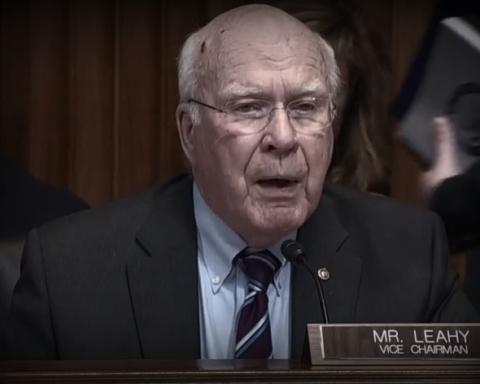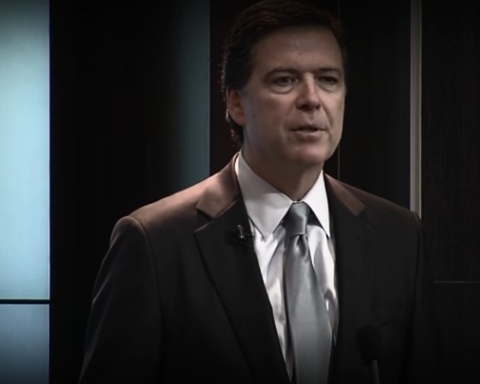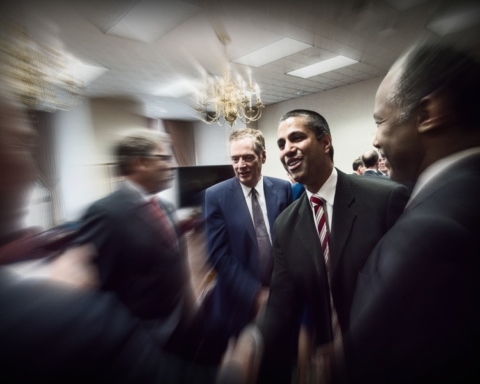After resisting calls for transparency for nearly five years, the Department of Justice is unveiling directives laying out when federal agents can track the location data of American citizens. But it’s only revealing the guidelines to a handful of people.
Rep. Jason Chaffetz (R-Utah), the Chairman of the House Oversight and Government Reform Committee, reported during a hearing on Tuesday that the DOJ informed him “within the last twenty-four hours” that he and Ranking Member Elijah Cummings (D-Md.) and two staff members would be allowed to view what are known as the Jones memos.
“While I appreciate the gesture,” Chaffetz said, “I need to say that it is frustrating that it has literally taken years to get to this point.”
The secret internal memos were issued in 2012, following the Supreme Court’s decision in United States v. Jones. In that case, the majority ruled that police who affixed a GPS tracking device to a suspect’s car violated the Fourth Amendment.
The decision, however, was particularly narrow, giving law enforcement latitude to continue secretly using geolocation tools other than GPS devices.
“The courts have only provided incomplete guidance on the protections that should apply to law enforcement requests for location information,” Neema Sing Guliani, a legislative counsel with the American Civil Liberties Union, said in prepared remarks before the committee Tuesday.
She noted that Jones “left unresolved how it’s holding would apply to surveillance performed with other technologies such as mobile phone tracking or Stingrays.” Lawmakers similarly raised questions about if police can access other location-transmitting devices like OnStar.
Stingrays are devices that mimic cell towers and can, within a certain radius, collect users’ phone information and location. OnStar is an in-car navigation system.
In a 2012 Freedom of Information Act request for the memos, the ACLU stated that “how these matters are resolved will have an extraordinary impact on the privacy rights of all Americans.”
Appearing alongside Ms. Guliani was Richard Downing, the Acting Deputy Assistant Attorney General in the DOJ’s Criminal Division. He became the focus of pointed demands throughout the hearing from other lawmakers on the panel who, unlike committee leadership, would still be left in the dark.
“Mr. Downing, can I see this super secret memo, or only the chairman and the ranking member?” Rep. Ted Lieu (D-Calif.) inquired.
Downing claimed that while the department has “great respect for the needs of this committee,” a full release of the directive to all members could harm investigative capabilities.
“There are going to be situations where the content of documents has the effect of inhibiting the kinds of things we do such as by giving criminals warning about the types of activities we might use to investigate them, and reveal the litigating positions of the department,” he alleged.
“I fully trust Chairman Chaffetz and Ranking Member Cummings,” Rep. Lieu responded. “I just want to note the message you’re sending to me and other members of this committee is you don’t trust us.”
“I find that offensive and disrespectful and it will affect my dealing with the department,” he said coldly.
Re. Thomas Massie (R-Ky.) also prodded for greater transparency. “This breeds mistrust when you don’t trust congress,” he said, demanding that, “the peoples’ representatives—if not the people—deserve to know how the laws are being interpreted.”
Massie reminded Downing that the department’s opacity could have consequences.
“There are also 435 of us that vote on your budget as well,” he said.





